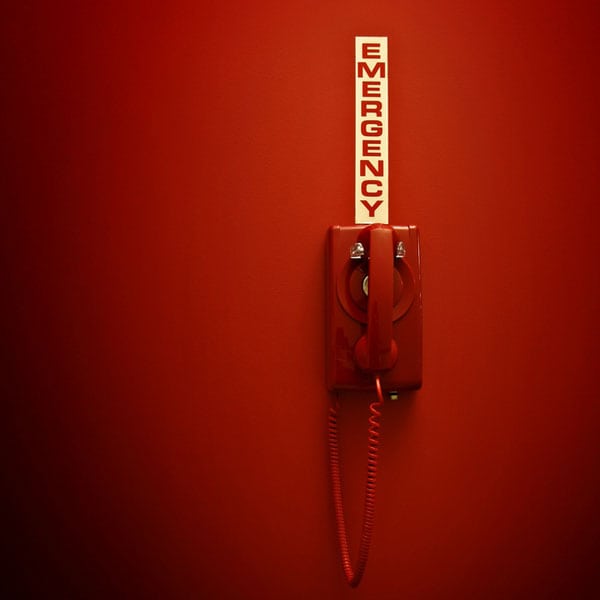
July 19, 2018; KOMO News and the Los Angeles Times
Yesterday, NPQ reported on the coordinated action being taken by the FTC and state charity offices to shut scam charities operating in the name of military veterans. In looking over the reports issued by individual states’ charity offices, the prevalence of the problem and its costs on so many levels become clear.
In Washington state, attorney general Bob Ferguson has filed lawsuits against Fallen Hero Bracelets (based in Spanaway, Washington) and the Florida nonprofit Healing Heroes Network. Both are alleged to have violated the state of Washington’s Consumer Protection Act and Charitable Solicitations Act.
The Healing Heroes Network raised around $20 million over the span of a decade, but over the last two years of its existence, when it was raising $2.5 million annually, it spent less than one percent of its revenue on direct services. It closed voluntarily around 18 months ago, but KOMO News reports that “the organization’s director formed a new, similar business under the Hero Giveaways name [that] in 2017 made more than $700,000 in retail sales but donated only $19,409 to veterans.”
Sign up for our free newsletters
Subscribe to NPQ's newsletters to have our top stories delivered directly to your inbox.
By signing up, you agree to our privacy policy and terms of use, and to receive messages from NPQ and our partners.
Meanwhile, state charity regulators in six states—Ohio, Florida, California, Maryland, Minnesota, and Oregon—are taking aim at a different Florida-based charity called Help the Vets, run by Neil G. “Paul” Paulson. The group, which used telemarketing and direct mail to raise millions, used 95 percent of every donation to cover fundraising, administrative expenses, and Paulson’s healthy compensation package, asserts FTC chairman Joe Simons. Florida AG Pam Bondi, among other attorneys general, has already settled with Paulson, who was formerly a candidate for mayor of Orlando and has since been elected the state’s Republican Committeeman for Orange County.
Help the Vets used multiple names over multiple states to solicit $20 million in donations; these names included the American Disabled Veterans Foundation, Vets Fighting Breast Cancer, and Military Families of America. Calls made on behalf of any of these made the same claims to “fund veterans’ medical care, operate a suicide prevention program for veterans, offer retreats for veterans recuperating from the stress of war and offer assistance to U.S. veterans fighting breast cancer,” according to the Florida AG’s complaint. This allowed the operation to go back over and over to ask the same people for donations.
Eighty-five to 90 percent of every dollar raised went into the pockets of the telemarketers. As for the suicide hotline, which figured prominently in the appeals, the number apparently led to Paulson’s own cellphone.
NPQ is grateful to all the regulators involved in this initiative and we hope other nonprofits are publicly expressing their support in their own home states. A well placed op-ed, for instance, would be appropriate.—Ruth McCambridge













